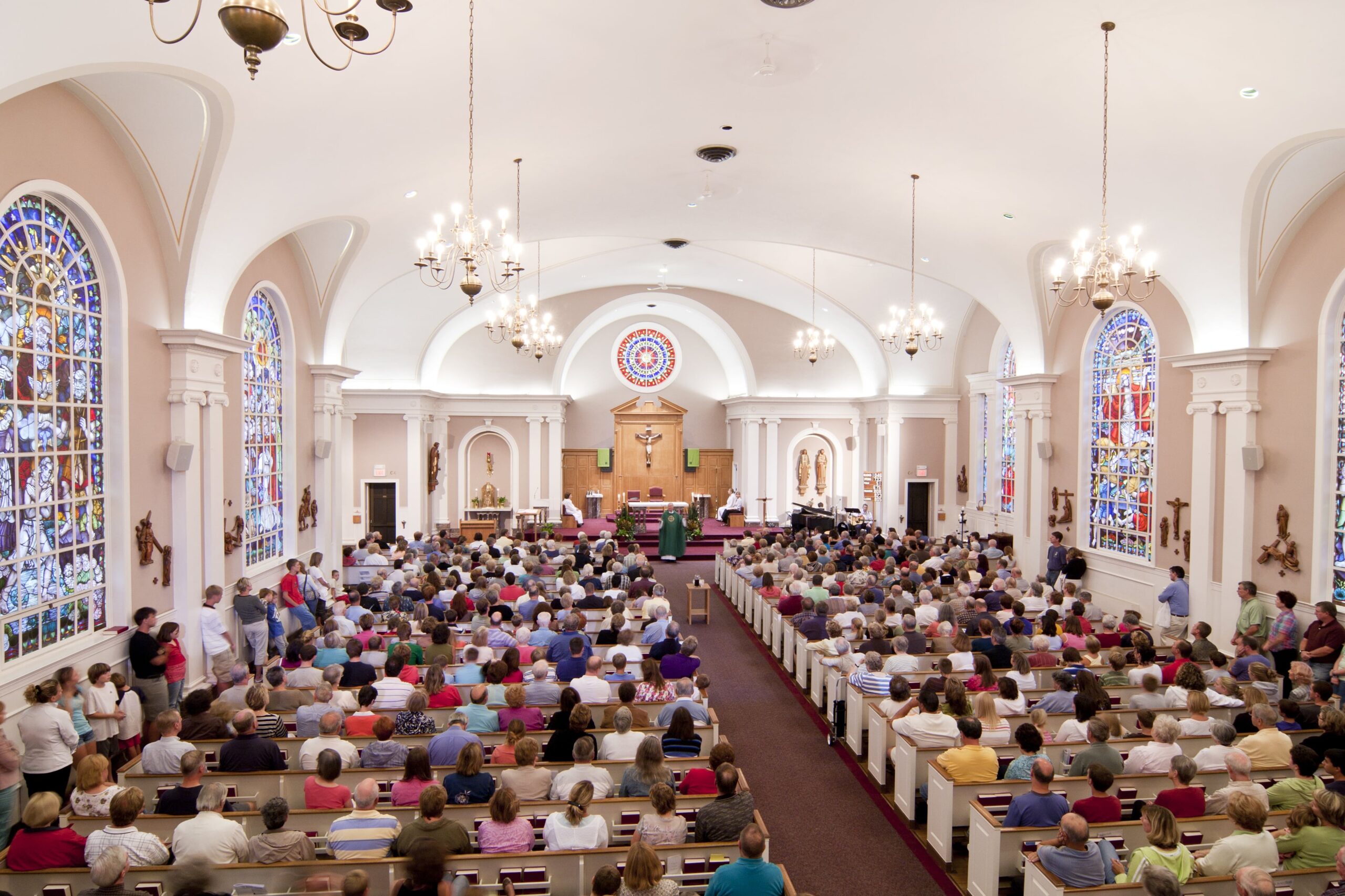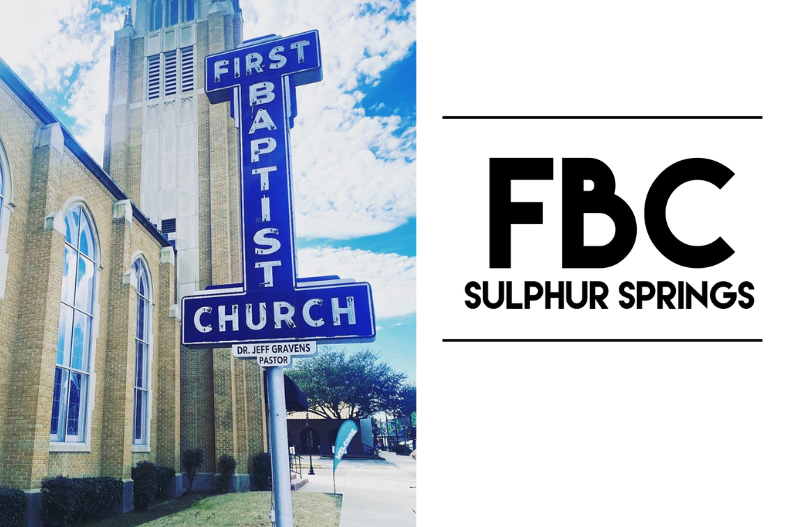
Have you ever needed to be three places at one time and then at the most inopportune time the absolute LAST thing you need to happen actually happens? Not good! I had one of those afternoons where I was between meetings and running to pick up two of my children from two different places to get them to necessary activities, when suddenly my car completely stopped. In the middle of one of the busiest roads in town AND right near road construction. I needed to get my car out of the way of other drivers but couldn’t stop traffic and move it by myself. I couldn’t even safely get out of the car to try! I was supposed to meet one child getting off the bus in five minutes and then get immediately across town to pick up another. None of that was going to happen with me trapped in my broken down vehicle. I needed community.
Thankfully I was able to call AAA to come help me with my vehicle and while waiting I had the numbers of 3 friends in my phone that were able to quickly get my child off the bus, pick up my other child and stay with my children until I could get home. And before AAA arrived another friend was driving by and helped me stop traffic and get my car to a safer place. It all ended well and was really only a minor inconvenience by the end of the day. Looking back on my momentary misfortune though, I realized that the situation could’ve been very different if those friends hadn’t stepped in to help me and fill in the gaps. As church staff and lay leaders we tell the people we lead how important it is to have community. We organize small groups and church socials. We facilitate Bible studies and counsel people that “you can’t do life alone” and the importance of investing in relationships. However, more often than I like to admit, we don’t actually live that out in our personal lives. We wholeheartedly believe in the power of community and the accountability it brings. We celebrate when small groups invest time in building relationships and leaders model transparency; because it leads to healthy community and spiritual growth. The reality is though, at the end of a busy week most church leaders opt out of actually being involved personally in a small group.
The excuses are valid; lack of time, difficulty in choosing an appropriate group, expectations to lead not attend, the challenging social dynamic it can include. We let the excuses win and we miss out on the benefits of community. What I realized after my crazy afternoon adventure, was that I was able to call on those friends so quickly for help, because they were each friends I’ve had community with at some point. I’ve been involved in Bible study with one of the friends over the years and developed a strong and close friendship. Another I was in small group with for a season and we’ve maintained a weekly accountability time. And the third I work with but we have a very transparent friendship that includes conversation and accountability about both our social and spiritual lives. They are also friends that have been in my house many times. They know my children so it was not scary or surprising for my child to be greeted by them coming off the bus. They know where my spare key is hidden and how to get my children settled right after school.
Sometimes building community and intentionally choosing to make time for relationships can feel like a chore. We don’t always want to make time for it. Transparency can be messy and, honestly, at times exhausting. Yet we know as leaders that lack of community leads to isolation. We’ve seen it played out in the people we care about in our congregations. Sadly, we’ve also all seen the fallout that can happen when this goes on long-term in leaders. We know the importance, but busyness can lead to weariness and laziness in this area. Intentional community as a leader does not have to look like a traditional small group. The challenge is finding what works for you and your family but still intentionally seeking out and making true community a priority. Ask a few leaders from other churches to meet for coffee every other week. Start a supper club once a month with a few couples from your church or even community. Invite a friend to run with you one morning a week. Join a thriving group that already meets and works with your schedule.
We need to practice the truths we teach and preach. This includes creating space for intentional community in our daily lives. I’m so thankful for the fruit of the past and present community in my life. If I had not had those friends to call my afternoon would have gone VERY differently!
What one way this week can you include intentional community in your schedule?



